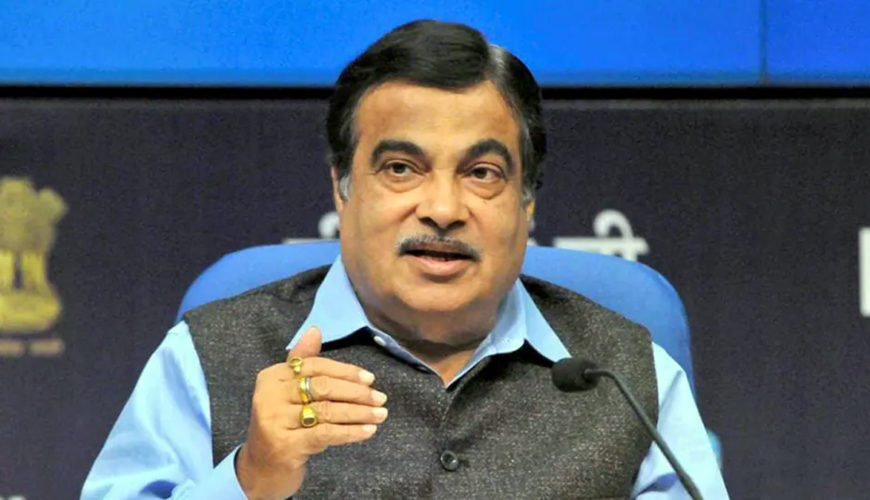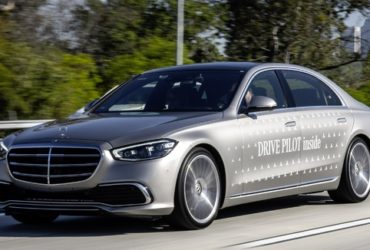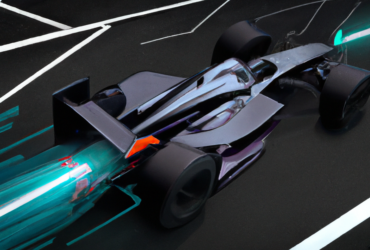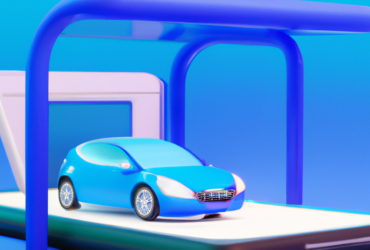
India Can Become Number One EV Manufacturer By Using Lithium Reserves in J&K: Nitin Gadkari
Nitin Gadkari stated on Friday that Jammu and Kashmir’s lithium reserves can help India become the world’s top EV manufacturer. Although Covid-19 had a huge effect on the Passenger Vehicle Exporters, Nitin Gadkari, the Minister of Road Transport and Highways, claims that India has a significant opportunity to overtake China as the world’s top producer of electric vehicles (EVs) by utilizing the plentiful lithium mines in Jammu and Kashmir (J&K). The COVID-19 epidemic has also had a substantial effect on the Indian car industry, especially in the area of passenger vehicle exports, which saw a 39% reduction in the fiscal year 2021, mostly as a result of the disruption in global supply chains and the limitations put in place by various nations to stop the virus’s spread.
India has the potential to become a major global hub for EV production, and the country’s sizable population and rising energy demand create a sizable market opportunity. The Indian government has also set a 2030 goal of 30% penetration of electric vehicles. Since lithium, a crucial component in EV batteries, is currently imported from nations like China and Australia, India has the chance to become self-sufficient by utilizing its own resources.
With estimations indicating that the area holds a sizable amount of the mineral, the Union Territory of Jammu and Kashmir in the far north of India has been highlighted as a prospective source of lithium reserves. Mr. Gadkari thinks that India may rise to become the world’s largest EV manufacturer. But, the government must adopt a comprehensive strategy to accomplish this. Which includes spending money on infrastructure, manufacturing capabilities, and research and development. In order to build lithium-ion battery manufacturing facilities in the nation and a strong network of EV charging infrastructure, for instance, the government might team up with the private sector.
Even though India has advanced significantly in the EV field, more work remains. The high cost of EVs, which is mostly brought on by the high price of batteries, is one of the major issues facing the sector. India can lessen its reliance on foreign nations and cut the price of EVs, making them more accessible to consumers, by obtaining lithium domestically. The pandemic has made it clear that India’s automobile industry needs to diversify its export markets and lessen its reliance on a small number of nations. Additionally, it has underlined the necessity of expanding EV adoption and fortifying the local market.
The government must develop a supportive regulatory environment and a strong ecosystem for the EV industry in order to accomplish these objectives. This entails offering incentives for EV production and adoption, establishing a network of charging infrastructure, and making research and development investments. To create a profitable and sustainable industry, co-operation between the public and private sectors is also necessary.
By utilizing its substantial lithium reserves in J&K, India has the potential to overtake its rivals as the world’s top producer of electric vehicles. India can develop a viable and lucrative EV business, lessen its reliance on foreign nations, and aid in the transition to renewable energy on a global scale.












